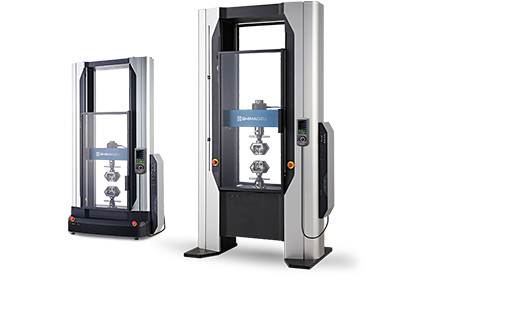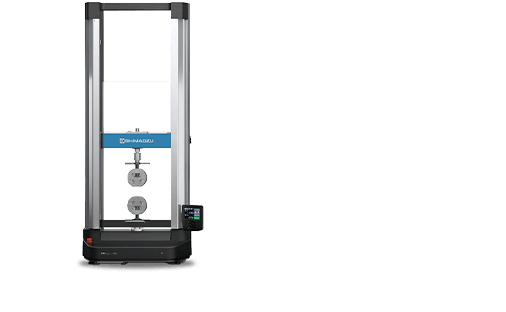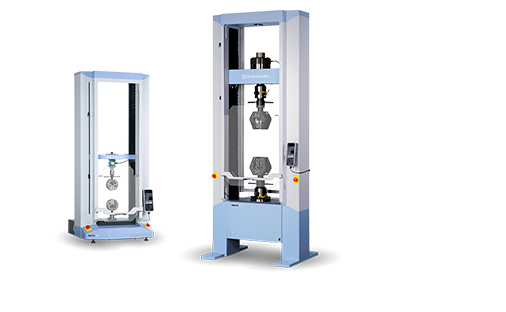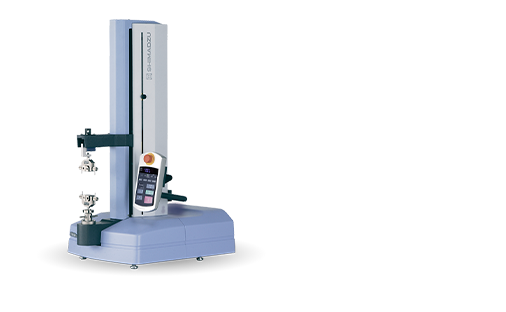Startseite Know How Tensile Testing
Tensile testing is a fundamental procedure in material testing used to determine the strength and ductility of materials. It is especially important in engineering and material science to ensure that materials can withstand the required loads and perform reliably in various applications.
In tensile testing, a material sample is subjected to a tensile force until it fails. The goal is to measure the material’s physical properties, such as tensile strength, elongation, and elasticity. This provides insight into how the material behaves under stress and how it will perform in use.
Tensile testing is essential to ensure that materials meet the requirements of their intended applications. It helps engineers and developers select materials that can meet the mechanical demands of a product, whether in the construction of buildings, vehicles, or machinery.
Through tensile testing, material defects can be detected early, and quality assurance can be improved. In production, it allows for the monitoring of material consistency and quality, helping to avoid failures and safety risks.
Our Expertise at Shimadzu
Shimadzu offers highly accurate tensile testing machines that help you obtain comprehensive information about the strength and ductility of your materials. Our equipment is designed for precision and reliability to provide you with accurate test results essential for your quality control and product development.
Tensile testing is a fundamental procedure in materials science used to determine how a material will react to forces that are applied in tension. This test measures the material’s strength, ductility, and overall mechanical behavior under stretching forces.
Tensile testing can be performed on a wide range of materials, including metals, plastics, composites, rubber, and textiles. It is applicable to any material where understanding its mechanical properties under tension is important.
In a tensile test, a sample (typically in the form of a standardized specimen) is placed in a testing machine that applies a uniaxial tensile force. The force is gradually increased until the material breaks. During the test, the force and the elongation of the sample are recorded.
Key parameters measured include:
Ductility measures a material’s ability to deform under stress without breaking. It is crucial for applications where materials need to absorb and redistribute stress, such as in structural components, where the material should bend or stretch rather than break suddenly.
Tensile testing involves stretching the material to its breaking point, which provides insights into its mechanical properties. Although the test destroys the sample, the data obtained is critical for determining material suitability and performance in real-world applications.
Tensile testing is conducted using a tensile testing machine, which consists of:
The results of a tensile test are interpreted through stress-strain curves, which plot the applied force against the elongation of the material. Key points on the curve include the yield point, tensile strength, and ultimate tensile strength. These values help determine the material’s suitability for specific applications and predict its performance under load.

Pro
| Test force | 10, 20/50, 100, 300, 600 kN |
| Test type | Tensile, bending & compression tests |
| Drive | Electrical mechanical |
| Type | Table-top and floor-standing appliances |
| Industries | Universal |

Advanced
| Test force | 10 kN |
| Test type | Tensile, bending & compression tests |
| Drive | Electrical Hydraulic mechanical |
| Type | Table-top appliances |
| Industries | Universal |

Advanced
| Test force | 10, 20, 50, 100, 300 kN |
| Test type | Tensile, bending & compression tests |
| Drive | Electrical mechanical |
| Type | Table-top and floor-standing appliances |
| Industries | Universal |

Basic
| Test force | 1 N – 500 N |
| Test type | Tensile, bending & compression tests |
| Drive | Electrical mechanical |
| Type | Table-top appliances |
| Industries | Universal |
Material testing is crucial for material quality and safety. Various technologies such as non-destructive testing, tensile testing and bending testing are used. Standards and regular calibration of testing machines are essential to ensure accurate results. Frequently asked questions (FAQs) provide additional information.
Do you have a question about testing machines and High-speed video cameras? We will be happy to advise you.

Subscribe to the Shimadzu newsletter now. Get practical knowledge and information about technical innovations, event highlights, industry information and much more.
We use cookies. Some of them are essential, while others help us to improve this website and your experience.